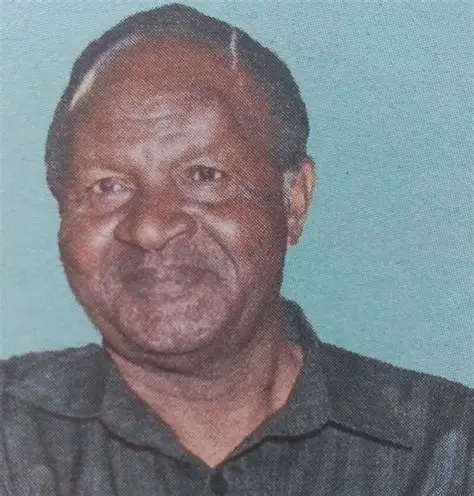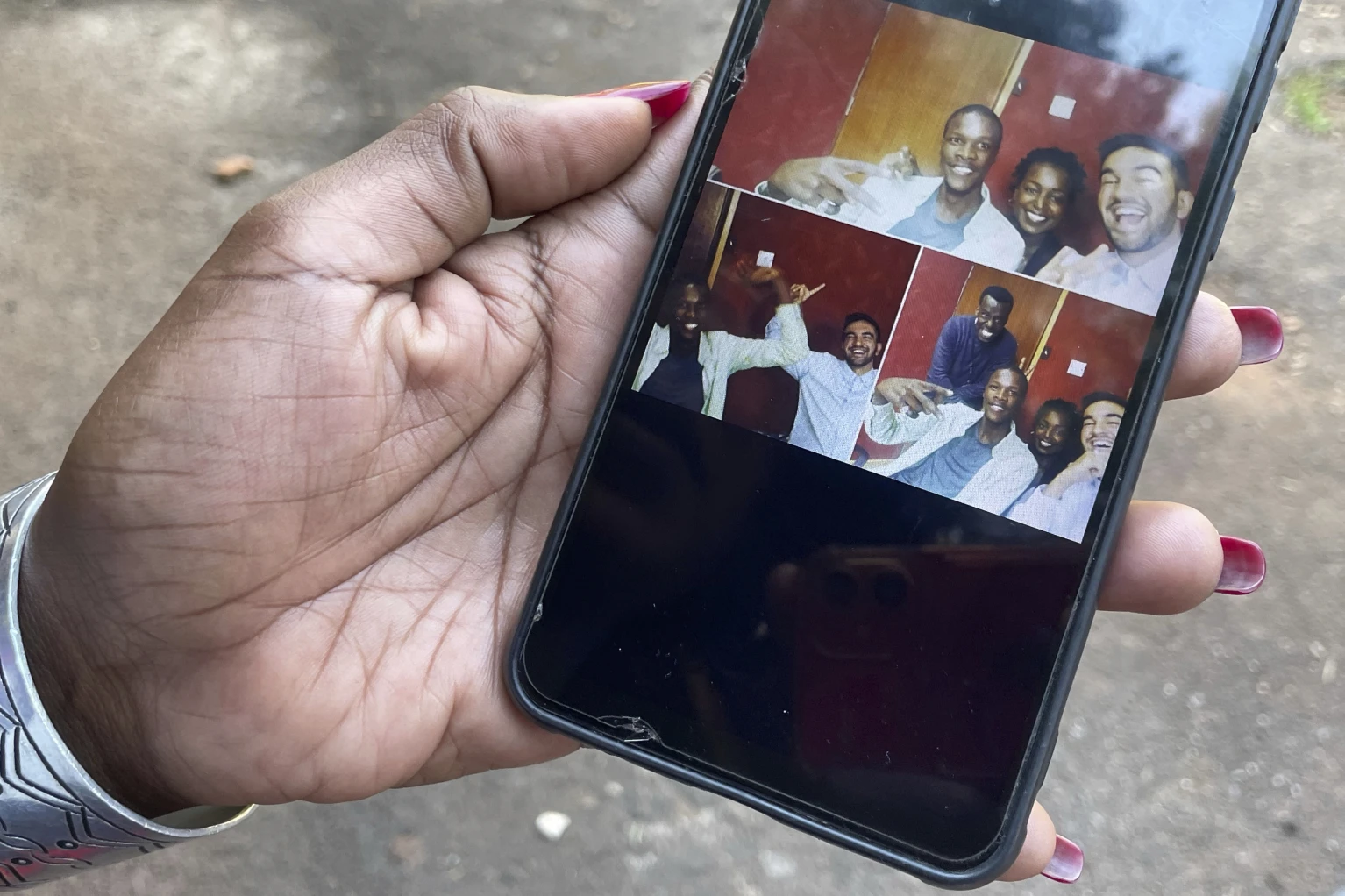
There are two ideas and one new concept in the title of this article, linked together in one spectrum of exploration, articulation, thinking and reasoning: the idea of university-based student activism, the idea of Generation Z (Gen Z) activism and the concept of Generation Z-ism.
University-based student activism
University-based student activism has been written about a great deal. Authors that I have come across who have written about student activism include Attbach (1979), Bert Mukasa (2025), Ferguson (2017), Mylien Duong, et al (2025) and Nielsen (2025).
The phrase “We Demand” is preferred, and the phrase “We ask” is detested in student activism. Issues during student activism these days include transparency, accountability, inadequate infrastructure, corruption, tuition increase and limited academic freedom.
Student activism and/or student political radicalism started towards the end of 1969 and became a common feature of universities in Africa at the beginning of 1970 and was particularly pronounced in 1972 – the year John Balirwa, Fred Mufumba, Chemisto, Olwitingol, Bagambiire, Ngobi, Rwatangabo, Rugumayo, Agaba, Rusooke, Gwaira, Mukubwa-Tumwine, Mulala, Oweyegha and many others joined the University of Dar es Salaam for undergraduate studies.
The issue around is/was not just student activism! The youth of the time were calling for national economic development and a just society and some political leadership embedded the calls by listening and developing strategies for change (Dr Balirwa, pers. comm). Years later, student participation in debates for social, economic and political change have been effectively eliminated in intellectual discourse in Africa, Emphasis is on academicism and scholasticism.
When we joined the University of Dar es Saalaam in 1972, student activism for social, economic and political change was being led by people like Kichamu Akivaga, a Kenyan who was the president of the Dar-Salaam University Students Organisation (DUSO). He advocated for the liberation of Africa from colonial rule and as president he was committed to the cause. He visited the liberated areas of Mozambique and Angola and interacted well with the fighters there.
However, because of his extremist stance, he fell in trouble with Tanzanian state and university authorities that instigated Tanzanian students to overthrow him, replacing him with a Tanzanian student leader who toed the line. He had been suspended from the University of Nairobi and was subsequently admitted to the University of Dar es Salaam that also suspended and re-admitted him to finish his bachelor of arts degree in that 1972! He eventually returned to Kenya and was in some low profile job till his passing on! He lived simply, not for money or things that money could buy. He lived to propagate ideas through writing, speeches and humour. He is recognized globally for pioneering the decolonization of the teaching of literature.
Kichamu Akivaga’s radical equivalents at the University of Nairobi were James Orengo, who was elected president of the Students Organisation of Nairobi University (S0NU) in 1972 and Philomena Chelagat Mutai, who emerged as a fiery critic of government. The student movement influenced public discourse and writers such as Ngugi wa Thiongo, became identified as radicals during this time.
At Makerere University, Akivaga’s equivalents were people like Omony Ojok, President of Makerere University Students Guild, (MUSG), Ruhakana-Rugunda (president of the National Union of Students of Uganda (NUSU) and Hilary Olara-Otunnu (MUSG president) but these had to flee Because of Idi Amin’s killer machine that hung over their heads. They became irrelevant under military rule and silenced. There was no room for student activism for whatever purpose -whether for justice, freedom, democracy or social, economic and political change.
Generation Z activism
The youth are currently the voice of the people in all the civic spaces and beyond BUT those in power may not yet be able to make sense of the trends just like the trends towards the end of the Amin or even the Moi eras (Dr Balirwa, pers.comm). This is what is being referred to as Gen-Z activism or the Gen Z Movement. It is characterised by a blend of digital tools, social media and physical protests against tax hikes, corruption and environmental destruction, and for freedom, social justice, equality, democracy and government transparency and accountability. It organised and amplifies messages using technology while also engaging in street demonstrations. Its members are mainly those born 35 years ago and 27 years ago.
The movement is a social and political movement, which is difficult to contain. In East Africa it first exhibited its growing social and political influence in Kenya when it forced President William Ruto’s government to rethink the national budget, which had been designed to benefit politicians and foreign interests.
There are many reasons why Gen Zs are a highly effective social and political force in the 21st century:
- Digital nativeness makes Gen Zs able to mobilise and organise swiftly and express themselves effectively
- Diversity and inclusiveness makes Gen Zs open to diversity, inclusivity and social justice potentially leading to new forms of activism that may not be suppressed.
- Pragmatisms and entrepreneurial stance make Gen Zs able to focus on practical solutions and entrepreneurship, which may usher in innovative approaches to social change.
There is no doubt that the decline in student activism and/or radicalism has enabled Gen Zs to come in and establish their own niche without being held back by elitism and intermittentism of student activism, which tend to reduce the effectiveness of students as a social movement.
Unlike students, Gen Zs easily infiltrate whole society across social strata and are able to confront rising authoritarianism on a continuous basis while at the same time recognizing the interconnectedness of social and political issues to shape society in new ways. Orthodox rulers from the 20th century are unaware that this is happening and are becoming irrelevant in the digital age. They can no longer influence the sociality and politicality of the increasingly young populations of their countries that are digitally literate and who effectively build effective identity, belonging, solidarity, sociality and politicality beyond the confines of political parties, churches and mosques, governments and nongovernmental organisations (NGOs).
Generation Z-ism
This is a new concept, which may not be found in other writings. I have created it in this article as a powerful framework to explore the interconnection between age, technology and social change in Africa’s new digitally mediated revolutions in the 21st century beyond the dictates of 20th century revolution whose agents and beneficiaries glorified the gun rather than the brain, and continue to believe that they are revolutionaries. Yet the digital age in general and Gen Zs in particular have rendered them irrelevant in the 21st Century and beyond and now emerge as unnecessary and costly burdens.
Gen Z, growing up with the internet and social media, brings a unique perspective and approach to activism, potentially challenging traditional power structures and older generations’ ways of thinking and reasoning about revolution, society and social change. This concept could also lead to interesting discussions about intergenerational dynamics, cultural shifts, and the role of the youth in shaping Africa’s future.
In the past student activism in universities played a critical role in revolutionary change. This, however, has been undermined by growing high-handedness in governance in Africa. As I have highlighted elsewhere in this article, Gen Z-ism involves most young people across social strata. I envision Gen Z-ism playing an increasingly central role in African revolutions and/or social, economic and political changes from now on.
Therefore, by Gen Z-ism, I am highlighting the growing influence of young people, particularly those born in the 1990s and 2000s, in driving social, economic and political change in Africa. Given their digital nativism, global connectivity and frustration with the status quo, Gen Zs are indeed poised to play a significant role in shaping Africa’s future. Their activism might manifest differently from traditional student movements, potentially incorporating more diverse perspectives and leveraging technology to mobilise and organise.
However, increasing ignorance of Gen Z-ism by the static status quo in the countries signals that the powers that be will confront the Gen Zs with military power when they take to street demonstrations, thereby widening the gap between them and Gen Zs. The increasing high-handedness of governance in Africa could be a catalyst for Gen Z-led movements, which might be more decentralized, issue-driven, and focused on tangible change.
Gen Z’s involvement might permanently change the nature of African revolutions or social movement. It will have serious implications for the continent’s future, partially on institutions such as African Union, which is a bigmanity preserver and promoter and on the way peace and security are pursued. Resources, which have traditionally been invested in military security and irrelevant institutions, will be released to build more decentralised, networked and participatory forms of activism, away from strong, pragmatic men who govern to glue society to themselves, keeping them poor, ignorant and heavily dependent on them.
In Uganda, schemes such as Myooga, Parish Development Model (PDM) and Operation Wealth Creation (OWC) are being used as tools to achieve this goal in governance at very high cost to the tax payer.
Gen Z-ism is stellar, evasive, and continuous. This suggests that Gen Z’s approach to revolution might be more fluid, adaptable, and sustained over a long period of time, unlike revolutions dependent on individuals who do not last. Their revolutions end with them often end with them. Effective Gen Z-ism can and should and must involve:
- Leaderless movements; that is decentralised decision-making and collective action, potentially leveraging social media and online platforms.
- Issue-based mobilisation, focusing on specific issues or causes, rather than broad ideologies.
- Continuous engagement, with sactivism becoming ongoing process, rather than a singular event.
This shift could have significant implications for how social movements and revolutions unfold in the future. However, it goes without saying that the powers that be will resist the shift using uncouth methods, including genocide, because the traditional power structure assures them unlimited exploitation of resources and primitive accumulation at the expense of the people that produce national wealth and pay taxes.
For God and my country
- A Tell report / By Oweyegha-Afunaduula / Environmental Historian and Conservationist Centre for Critical Thinking and Alternative Analysis (CCTAA), Seeta, Mukono, Uganda.
About the Centre for Critical Thinking and Alternative Analysis (CCTAA)
The CCTAA was innovated by Hyuha Mukwanason, Oweyegha-Afunaduula and Mahir Balunywa in 2019 to the rising decline in the capacity of graduates in Uganda and beyond to engage in critical thinking and reason coherently besides excellence in academics and academic production. The three scholars were convinced that after academic achievement the world outside the ivory tower needed graduates that can think critically and reason coherently towards making society and the environment better for human gratification. They reasoned between themselves and reached the conclusion that disciplinary education did not only narrow the thinking and reasoning of those exposed to it but restricted the opportunity to excel in critical thinking and reasoning, which are the ultimate aim of education. They were dismayed by the truism that the products of disciplinary education find it difficult to tick outside the boundaries of their disciplines; that when they provide solutions to problems that do not recognise the artificial boundaries between knowledges, their solutions become the new problems. They decided that the answer was a new and different medium of learning and innovating, which they characterised as “The Centre for Critical Thinking and Alternative Analysis” (CCTAA).
Further reading
Bert Mukasa (2025). Understanding the complexity of the causes of student activism in higher education using the case of Makerere University. East African Journal of Education Studies, 2707-3947.
A.S.Akivaga and A. Bole Odaga (1981). A Textbook of Oral Literature. Heinrmann Education Books, 1981.
DN (3017). Fare Thee Well Akivaga, the Man who Decolonized the Teaching of Literature. DN, 02 June 2017.
Ferguson, R.A. (2017). We Demand: The University and student activism. Researchgate, April 2017
Mylien, T.Duong et.al. (2025). Navigating campus protest: University leadership in the era of polarized activism.
Nielsen, G.B. (2025). Articulating social justice: student everyday activism and the cultivation of translocal Globalisation, Societies and Education, 1-17.
.






